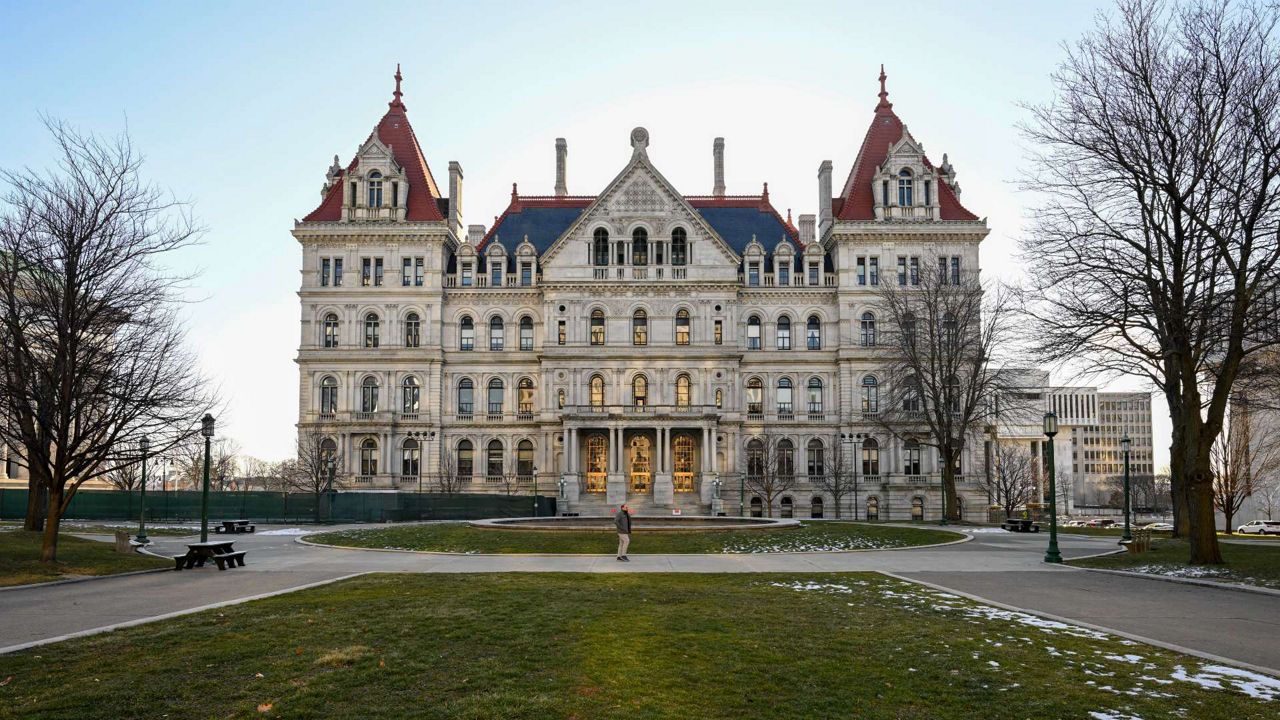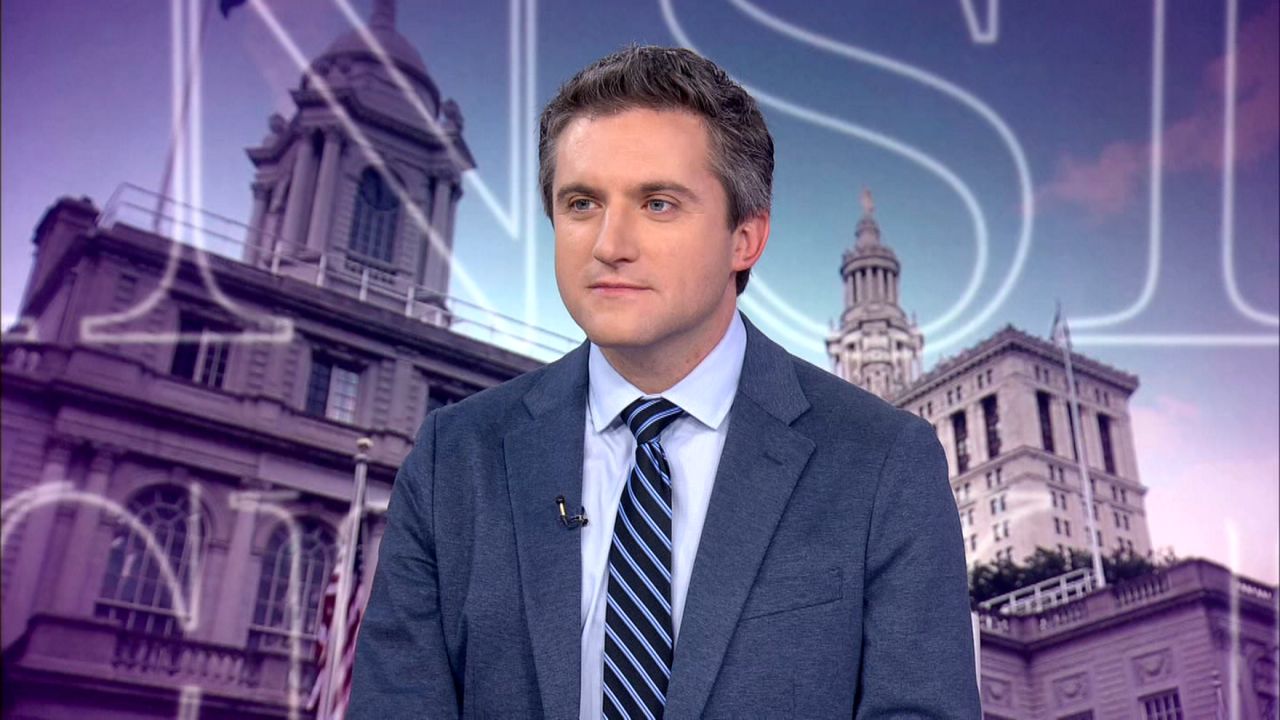In November, state Comptroller Tom DiNapoli’s office released a highly critical report stating that a lack of oversight and outdated computer systems led to a spike in fraudulent and improper unemployment insurance payments during the pandemic.
While the comptroller’s office estimated that amount lost to fraud was around $11 billion, the state Department of Labor now estimates the amount to be much lower: about $4 billion. The issue has become a thorn in the side of the Hochul administration, in large part because employers are on the hook to pay back at least part of that total cost.
Labor Commissioner Roberta Reardon spoke with Capital Tonight about the comptroller’s report and her agency’s lower estimate of fraud.
“Eleven billion dollars is a grossly exaggerated figure. They (the Office of the State Comptroller) used a methodology that is actually out of date,” she said. “We looked at our systems and our calculations, and $4 billion is what we believe was lost to fraud at this point.”
DiNapoli’s office pushed back on Reardon’s allegation.
"Our $11 billion estimate is based on U.S. Department of Labor data and our assumptions were verified by state DOL staff," said Jennifer Freeman, director of communications for DiNapoli. "Additionally, we spoke to federal auditors, with whom we coordinated during the pandemic, about their work with the temporary employment programs. The agency agreed to implement our audit recommendations and should be focused on fixing the problems we found and recovering improper payments."
When Capital Tonight asked Reardon if she would release, for objective analysis, the underlying data that informs the $4 billion figure the DOL has estimated was lost to fraud, the commissioner said no because the data used by unemployment insurance is protected by federal law.
That doesn’t sit well with some business leaders.
"The lack of clarity about New York's multi-billion-dollar UI debt crisis is exactly why the Legislature needs to conduct hearings focused on the Department of Labor's mismanagement and the findings of the comptroller's audit,” said Justin Wilcox of Upstate United. “Whether the amount of fraud is $4 billion as Commissioner Reardon claims or $11 billion as Comptroller DiNapoli found, struggling employers deserves answers, accountability and action."
Reardon told Capital Tonight she understands why employers are angry about the situation.
“So, first of all, I understand their concern and I’m not diminishing it at all. That’s why I was alarmed at the $11 billion figure, because that is incorrect. Businesses are never charged to their unemployment insurance account for fraudulently collected benefits, ever. So, they don’t get a bill for that. The only thing they are responsible for is the State Unemployment Insurance Trust Fund,” Reardon said. “The $388 million that we believe was fraudulently stolen from state funds, that’s what we are responsible for. The rest of that money is federal money and businesses never repay the federal fund.”
“So you’re saying there is no link between the fraud and the money that businesses have to pay back?
“There is a link between fraud and the amount of money employers have to pay back, but it doesn’t directly accrue to their account,” Reardon said.
Capital Tonight reached out to the Labor Department for clarification.
In an emailed statement, Peter Brancato, associate commissioner for strategic communications, wrote, “The $388m is the amount of UI fraud stolen by cyber criminals from the NYS UI trust fund. But to be clear, businesses are not responsible for paying back any of the stolen federal or state funds.”
However, that does not mean that businesses won’t ultimately carry the burden of this fraud.
Peter Warren, director of research at the Empire Center explained it this way: "The higher payroll taxes New York businesses are now paying are, in part, due to fraudulent payments made by Reardon's agency. The state UI fund is financed by payroll taxes on businesses. The comptroller estimated that one in six dollars the state DOL paid out from that fund during the pandemic went to fraudsters. If those fraudulent payments had been avoided, the fund wouldn't have had to borrow as much as it did from the U.S. Treasury. New York businesses are now paying back Treasury borrowing with interest via higher penalty payroll tax rates.”
When asked if blame for the problems created by unemployment insurance fraud could be laid at her feet, Reardon said, “You may. I’m the commissioner of the agency.”









